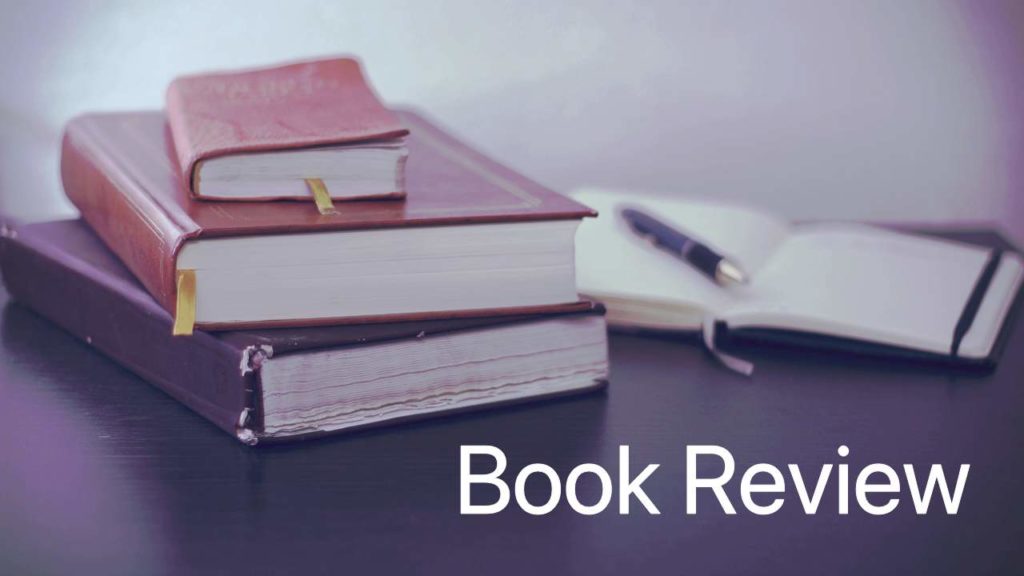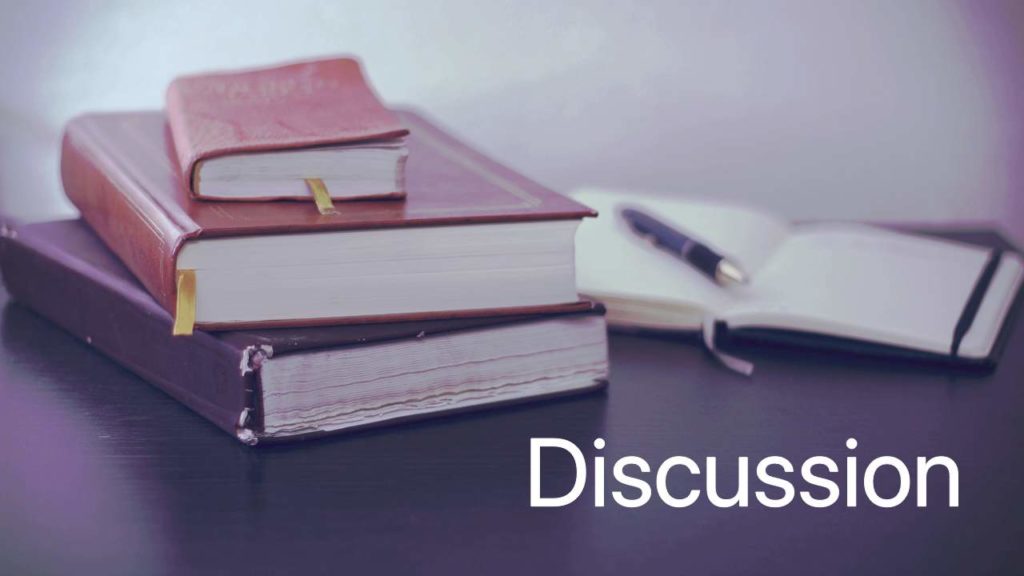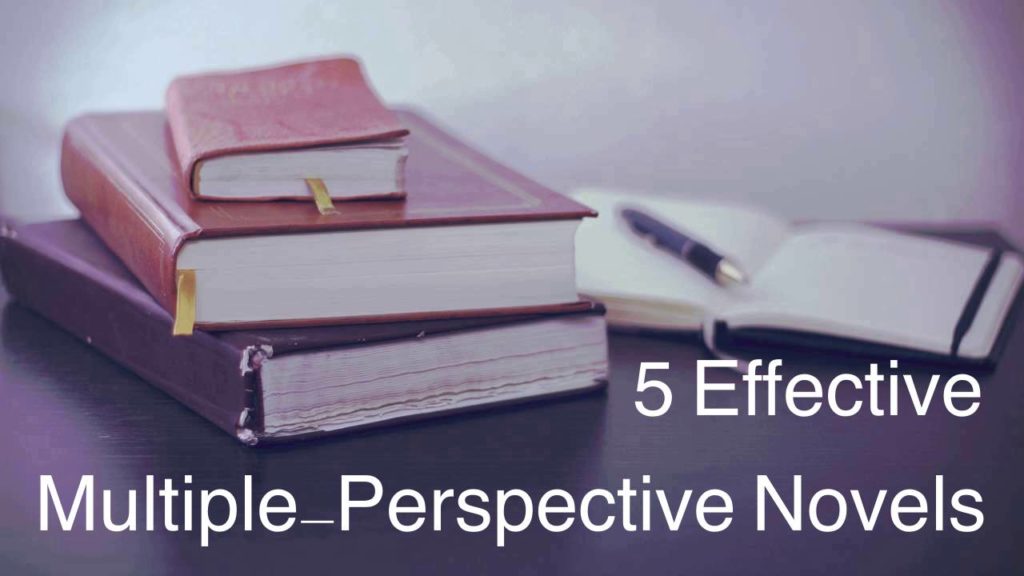“The Hidden Machinery” by Margot Livesey
“I am using the phrase ‘the hidden machinery’ to refer to two different aspects of novel making: on the one hand how certain elements of the text—characters, plot, imagery—work together to make an overarching argument; on the other how the secret psychic life of the author, and the larger events of his or her time […]
“The Hidden Machinery” by Margot Livesey Read More »




